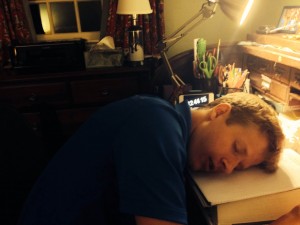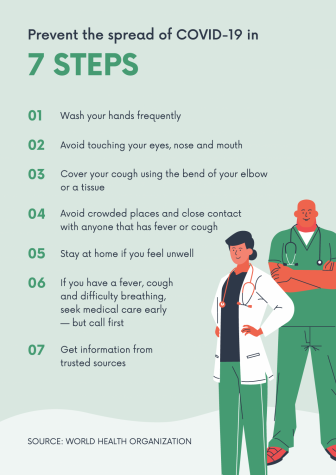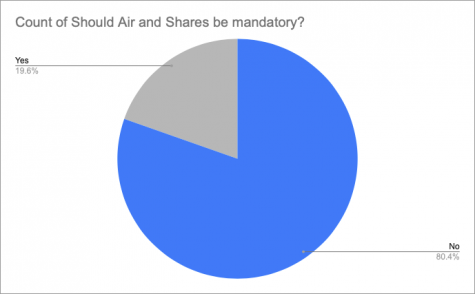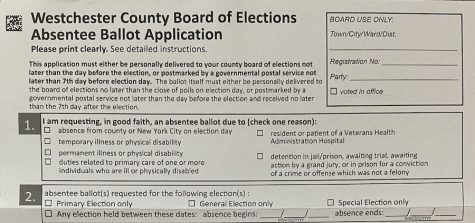Hackley Students Struggle Balancing School and Sleep
October 1, 2014
As the media has reported extensively recently, it is no secret that teens need more sleep. The National Sleep Foundation reports that during sleep, important body functions and brain activity occur, and skipping much needed slumber can be harmful – even deadly. But with student schedules packed with homework, projects, after school activities, jobs, college applications, and even social lives, a good night’s sleep is no easy feat for many high school students. Turning in late every night after hours of practice and studying, and waking at sunrise to make it to class on time is a recipe for exhaustion affecting everything from a student’s ability to focus, to their health, and even their grades. Only on the weekends are students able to pull down the shades, hit the snooze button and catch up.
According to a study conducted by Kyla L. Walhstrom, a professor at the University of Minnesota, teens who get more than eight hours of sleep per night are more likely to have better health, improved school attendance, better grades and standardized test scores, and even have fewer car crashes. But how are students expected to fulfill all of these obligations, to a Hackley standard no less, and still get a good night’s sleep? There does not seem to be enough hours in the day.

Photo courtesy of Ross Hoch.
In the same study it was reported that a teen’s melatonin, a natural sleep hormone in the body, is not released until late at night, which means that teens do not become tired until about 11:00 pm., and that combined with busy schedules, and rising early can cause chronic exhaustion. The solution may be to shift the start of the school day to a later hour, and many high schools across the country already have made this change. In this study it was shown that when high schools begin at 8:30 a.m. or later, and kids are able wake later in the morning, they get the recommended eight hours a night. Andy King, Hackley Upper School Director, who agrees that some Hackley students come in to school short on sleep, has had discussions with school staff members about pushing back the start of the day, and said, “Nobody can dispute the fact that sleep is good for you. But changing the school day comes with a cost. We would have to shorten the school day and it would cut into sports and other after school activities.”
Reducing the amount of homework is a second possible solution. High school students are expected to take rigorous course loads filled with AP and advanced classes, which can require several hours of homework each night. While such heavy work is to be expected and is even necessary in such demanding courses, it does put plenty of stress on students. “With the amount of homework I have, I can’t go to bed early,” said senior Jordan Nicholls, “Even when I finish, the stress from having just finished my work and being overwhelmed continues and prevents me from sleeping.”
According to a study by Stanford researcher Denise Pope, published in the Journal of Experimental Education, too much homework can negatively affect kids. She found that students in the high schools she studied spent over three hours each evening on homework, which led to increased levels of stress, sleep deprivation and poor health. If Hackley students were required to complete less homework, they would be able to turn in earlier. But Andy King feels that it may not be the homework load alone that causes his students to lose sleep. He feels that kids often are distracted by social media and phones while completing homework, and must be mindful of being productive during the day and while doing work. He said, “I believe we are very thoughtful about giving meaningful homework and not what kids like to call busy work.” He noted the staff currently is working on an independent school health check survey for upper school students, which he hopes will provide information about sleep behavior, homework and schoolwork loads and how they affect students’ health and lives.
Though the problem of sleep deprivation is almost universal throughout the nation’s high schools, the solutions are presentable and varied. If one of the multitude of steps available to assist in student sleep patterns is not taken, work and quality of life will continue to suffer.






